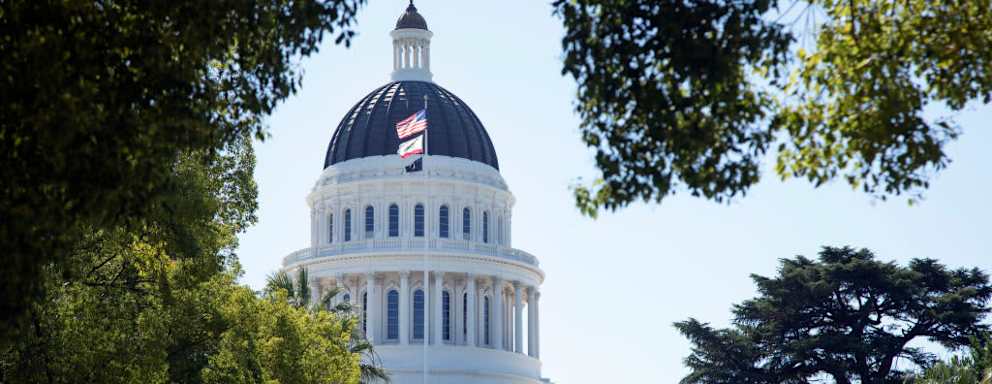California Bill Proposes Banning Legacy Admissions at Private Colleges, Universities
 Credit: Image Credit: Myung J. Chun / Contributor / Los Angeles Times / Getty Images
Credit: Image Credit: Myung J. Chun / Contributor / Los Angeles Times / Getty Images- The bill would prevent private colleges and universities from receiving state funding via the Cal Grant program if they practice legacy admissions.
- The legislation would apply to institutions including Stanford University, the University of Southern California, and Santa Clara University, which all admitted more than 13% of students with ties to donors or alumni.
- Lawmakers introduced similar bills to address legacy admissions practices in states including Maryland and Massachusetts, as well as at the federal level.
A proposed bill would ban private colleges and universities in California from receiving state funding if they show favoritism toward relatives of alumni or donors, a practice commonly known as “legacy admissions.”
Assemblymember Phil Ting, D-San Francisco, introduced the legislation, which would remove state funding through the Cal Grant program to schools practicing legacy admissions.
Ting said in a press release that the legislation was in response to last summer’s U.S. Supreme Court ruling that banned the consideration of an applicant’s race in college admissions, along with the decades-long ban on affirmative action in California.
We’re told that opportunities are available to anyone who works hard and gets good grades. But that’s simply not true. There’s a side door for students who come from wealth or have connections,
he said.
Ting cited an October 2023 study from Opportunity Insights, a Harvard-based research group, that found Ivy-Plus schools are more than twice as likely to admit children of the top 1% — defined as parents earning more than $611,000 a year — compared to low- or middle-income families whose children have comparable SAT/ACT scores.
Assemblymember Kevin McCarty, D-Sacramento, was a joint author of the legislation.
It’s time to close the door on privilege-based admissions, or legacy admissions as elite private universities call them,
he said in the release. Legacy admissions are based on privilege and wealth, and diminish the work non-legacy admits do to get into college.
Ting introduced a similar bill targeting legacy admissions in 2019 after the “Operation Varsity Blues” scandal that involved wealthy families paying to have their children recruited as fake athletes. Stanford University and the University of Southern California (USC), both based in California, were among the schools involved in the scheme.
The bill failed and was ultimately amended to only require private institutions to annually report their preferential treatment numbers to the state.
Fall 2022 data shows that Stanford University, the University of Southern California, and Santa Clara University all admitted more than 13% of students with ties to donors or alumni, according to the release.
Because I believe strongly in the value of diversity in higher education, I brought this legislation back in light of the SCOTUS ruling to level the college admissions playing field for our students,
Ting said in the release.
Nationwide Efforts to Ban Legacy Admissions
California joins states including Maryland and Massachusetts in trying to prohibit colleges and universities from legacy admissions practices.
The Virginia Senate unanimously passed a bipartisan bill in January to eliminate legacy admissions at public colleges and universities in the state. It was subsequently passed in the Virginia House and is expected to be signed into law by Gov. Glenn Youngkin.
At the federal level, legacy bills in the House and Senate are under consideration, and the Education Department is investigating Harvard University and the University of Pennsylvania to determine if their legacy policies constitute racial discrimination in violation of Title VI of the Civil Rights Act of 1964.